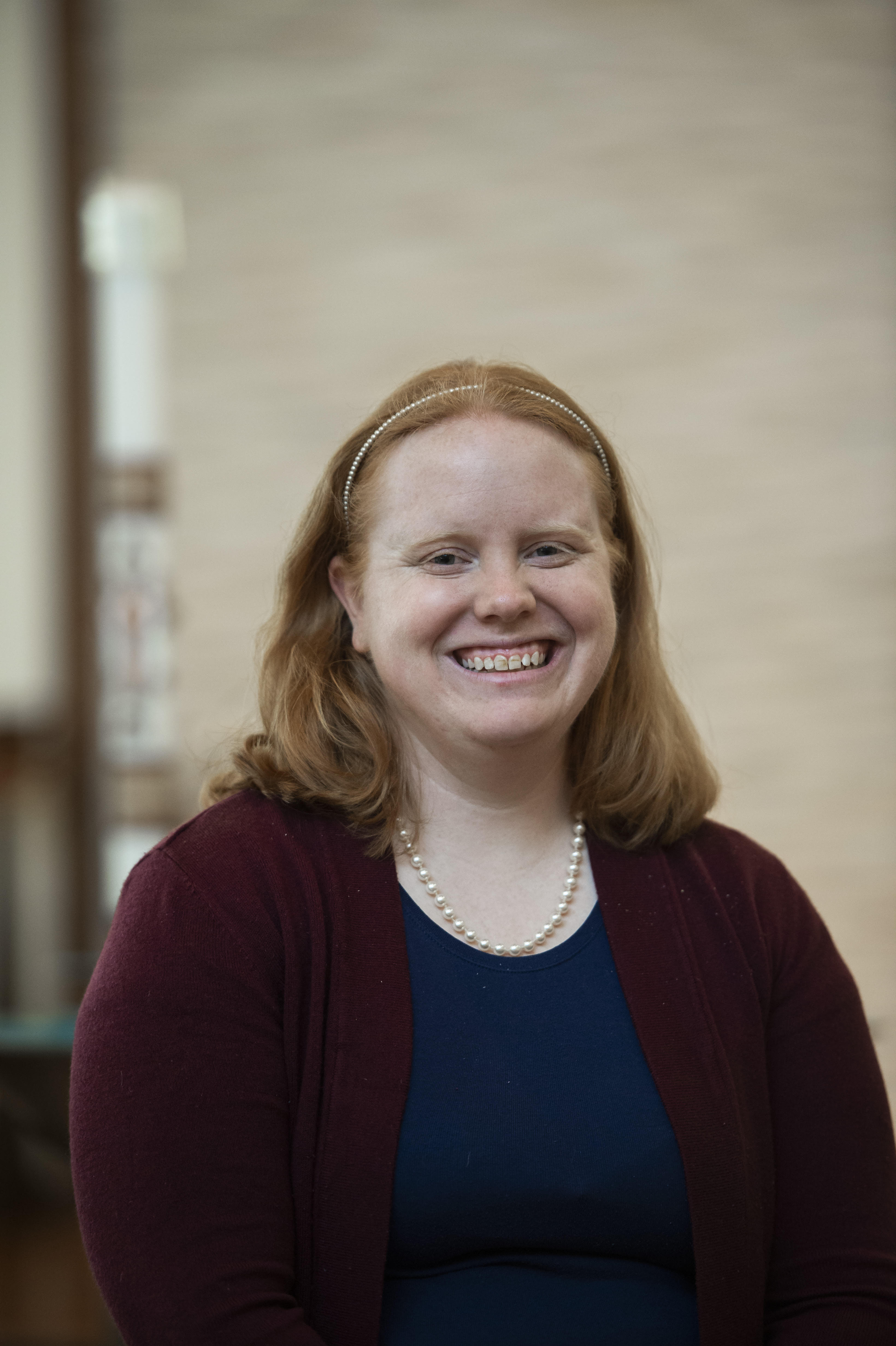Third Sunday after Epiphany: Week of January 23, 2022
Begin your devotion time by praying this prayer: God of nurture, through the teachings of Jesus we learn about the coming of your reign. Guide us in the way of love and help us share the good news of your coming with others. Amen.
Reflect on the Way of Love together: This week’s practice on the Way of Love is LEARN. What have you learned about God’s love through the teachings of Jesus? How will you teach others about the good news of God’s love?
Adult and Small Child
Read: Luke 4:14-21
Reflect: Jesus was a teacher, and he spent time travelling to places and telling people about God. He even did this in his hometown of Nazareth, which is what we hear about in this story. lessons weren’t always easy for people to hear. Sometimes they also surprised people. But even the hard lessons teach us something about God and how God is present in the world.
When Jesus reads from the scroll, he reads the words of the prophet Isaiah. Isaiah’s prophecy describes a person who shares good news, helps those who are overlooked, and shows people what God’s love looks like on earth. Does this sound like anyone special to you? To me, it sounds like Jesus! Jesus is the anointed one who shows us how to love and care for one another. I’m always learning more about Jesus and his love. Are you?
Respond: Color a picture that shows something that you
have learned about Jesus, or a lesson that you’ve learned from Jesus’ teaching.
Share your pictures with one another.
Adult and Elementary
Read: Luke 4:14-21
Reflect: "Just focus on the back wall and project your voice," is the advice I received from my 6th grade teacher while preparing for assembly. I was a little bit nervous about public speaking. In our reading, Jesus reads publicly in the synagogue on the Sabbath. Jesus spoke about preaching good news and proclaiming God's favor. Jesus was filled with the power of the Spirit. Let's remember that our words have power. Our words can tear people down or build people up.
Respond: Is there a Bible where you live? Go and find it. Read Isaiah 61:1-3 then, re-read the reading from the gospel of Luke. What are the similarities between the two readings? Learn with your trusted adults about what it meant for Jesus to say that the scripture was fulfilled. Pray for grace to continue to learn about the Bible.
- Imani Driskell
Adult and Youth
Read: Luke 4:14-21
Reflect: In this passage, Jesus is just beginning to teach the good news. In his travels around Galilee, Jesus finally comes to his hometown, Nazareth. While visiting the temple, he reads a passage from Isaiah that speaks about releasing the captives, giving sight to the blind, and bringing good news to the poor. Then, surprisingly, he tells the people that he is God’s son and has come to fulfill this scripture from the Old Testament. Just as Jesus offered hope with these words to the people who heard him, he also calls us to be the ones who bring good news to the oppressed, help the broken-hearted, and bring freedom to those in need. We are called to not just do this in future, but do it now, today.
Respond: Pull out your journal and answer these questions: what is holding you captive? (or, what is weighing you down or holding you back from being the best that you can be?) When Jesus says he is declaring release to the captives, what does that look like to you? Is that a realistic future? A present possibility or both? Think this week about what can bring you closer to being free (whatever that might look like) so you can share this new found freedom with those around you.
- Lauren Wainwright
Adult and Adults
Read: Luke 4:14-21
Reflect: Last week we read about Jesus’ first act of
public ministry as recorded by John. Today, we hear Jesus’ first acts of public
ministry recorded by Luke. In Luke’s Gospel, Jesus begins by teaching and
preaching in area synagogues. Things were going pretty well until he showed up
in his hometown. When it is Jesus’ turn as reader, he chooses to read only one
portion of the assigned text– the part where Isaiah is writing in the voice of
the savior for whom God’s people had been waiting. Then he announces that the
text is about him. Take a close look at what the text says about who the savior
will be-the one who “brings good news to the poor, proclaims release to the
captives, recovery of sight to the blind, lets the oppressed go free, and
proclaims the year of the Lord’s favor.” (Luke 4:18-19, NRSV) Not exactly what
you might expect in a world where might = right.
Respond: The most startling feature of the Bible’s
depiction of the savior who will come to bring redemption to people and planet,
in Jesus’ time and our own, is not really the miracles– magicians have existed
since the beginning of time. It’s not really even that he says he’s God– a
stroll down any busy street in virtually any large city will find us at least
one person who believes the same. The most startling thing about the promised
savior is how he flips power dynamics on God’s behalf. The kingdom of God we
will inhabit with God in death and that Jesus came to enact here on earth is
one where power and social capital are outpoured onto those that society says
deserve it least. Journal your answers to these questions: who in your
community and church family have the least power? How might you advocate on
their behalf to make sure their voice gets heard?
- Jessica Davis
Tags: Lectionary Based Readings & Reflections / Year C / Latest Posts



